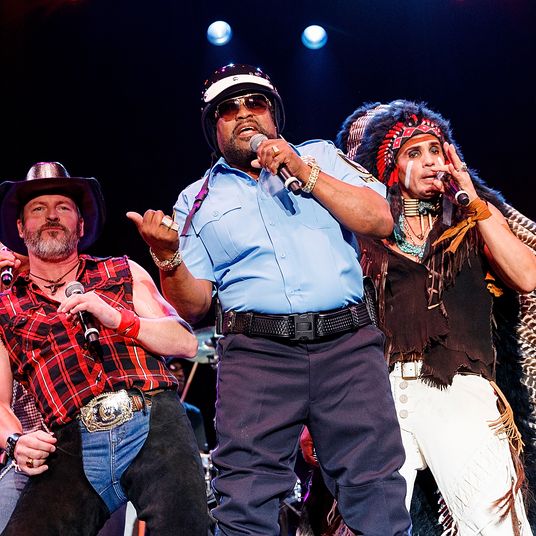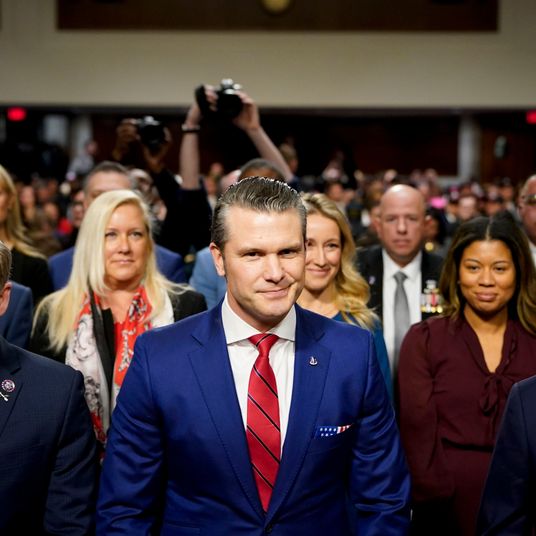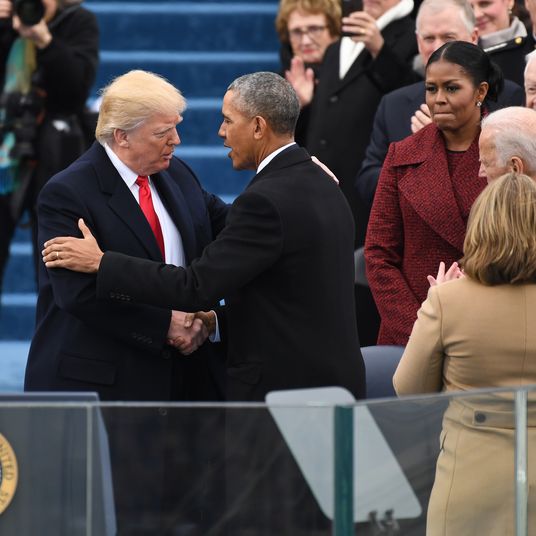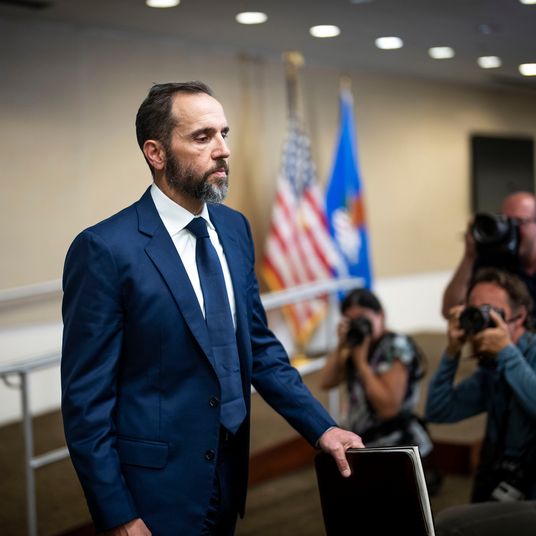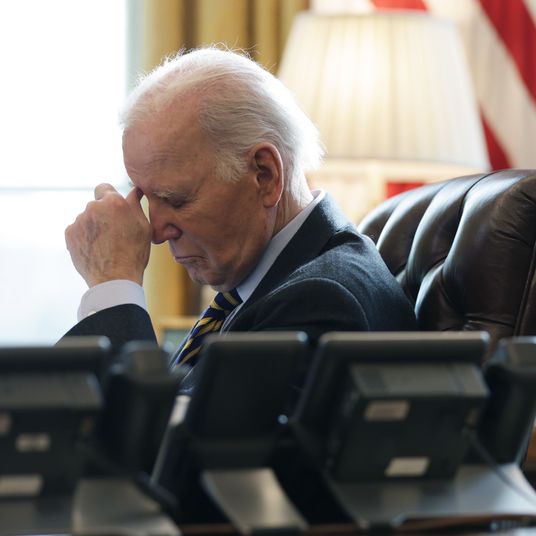
Photo illustration: Everett Bogue; Photos: Getty Images, iStockphoto
The latest New Republic has a scattershot insider’s view of what went wrong with Hillary Clinton’s campaign. Reporter Michelle Cottle surveyed a broad spectrum of Clinton staffers to see what they thought was mishandled in their efforts, and the answers run from explanations of ideological problems to complaints of strategical errors to lists like “1. Mark Penn. 2. Mark Penn. 3. Mark Penn.” But an underlying theme is the lack of the right kind of preparation. They weren’t ready for poor showings at caucuses, they weren’t ready for Iowa, and they weren’t ready for a national campaign. Most important, they weren’t ready financially. The Clinton budget was “a disaster.” It suffered “financial mismanagement bordering on fraud.” “You’re getting crushed on TV and in direct mail because Obama has so much more money,” one worker complained. “That’s a huge problem.”
If Clinton did it wrong, though, how did Obama do it right? The Atlantic has the answer. Joshua Green followed the money as it led him through Silicon Valley, the Internet, and stadiums across the country.
• Obama was a candidate made for Silicon Valley. It didn’t matter that he was young — all of the kings of the Internet took their thrones while in their mid-twenties. In fact, many of the richest guys in the Valley became adults after Bill Clinton was inaugurated. They don’t have the Clinton loyalty of many other Californians.
• His early popularity there succeeded in breaking the fund-raising stranglehold the Clintons had in the rest of the donor-rich state. It also taught Obama’s team the value of Internet staples like subscriber models for donations, user groups, widgets, and social networking.
• While the Clinton campaign realized the importance of small donors and easy online access too late, Obama was raising the majority of his funds online from very early on. His Web team includes Howard Dean veterans and Facebook co-founders. While she was relying on the old $2,000-a-plate-dinner model, he was appearing at free rallies in stadiums attended by tens of thousands, many of whom would go home to make small donations. These results would dwarf the numbers pulled in by any small benefit.
• Rather than an organization that is tightly controlled from the top, Obama’s campaign empowers everyone to have gatherings, start groups, make a call or two, or participate individually.
• As a result, he has stats like these: 750,000 active volunteers, 8,000 affinity groups, 30,000 events, and 1,276,000 donors so far. Clinton has a few million dollars in personal debt. Ninety-four percent of donations to him are under $200.
His success financially doesn’t only dwarf Clinton’s — it also dwarfs John McCain’s. Today’s Times reports that the Republican nominee will probably depend heavily upon GOP funds in the general election. The paper predicts it will be the most expensive presidential race in history, and that Obama will not accept public financing as he had previously pledged. Reading the Atlantic and New Republic stories about what works and what doesn’t work, it’s not hard to see why.
The Amazing Money Machine [Atlantic]
What Went Wrong? [New Republic]
McCain to Rely on Party Money Against Obama [NYT]





